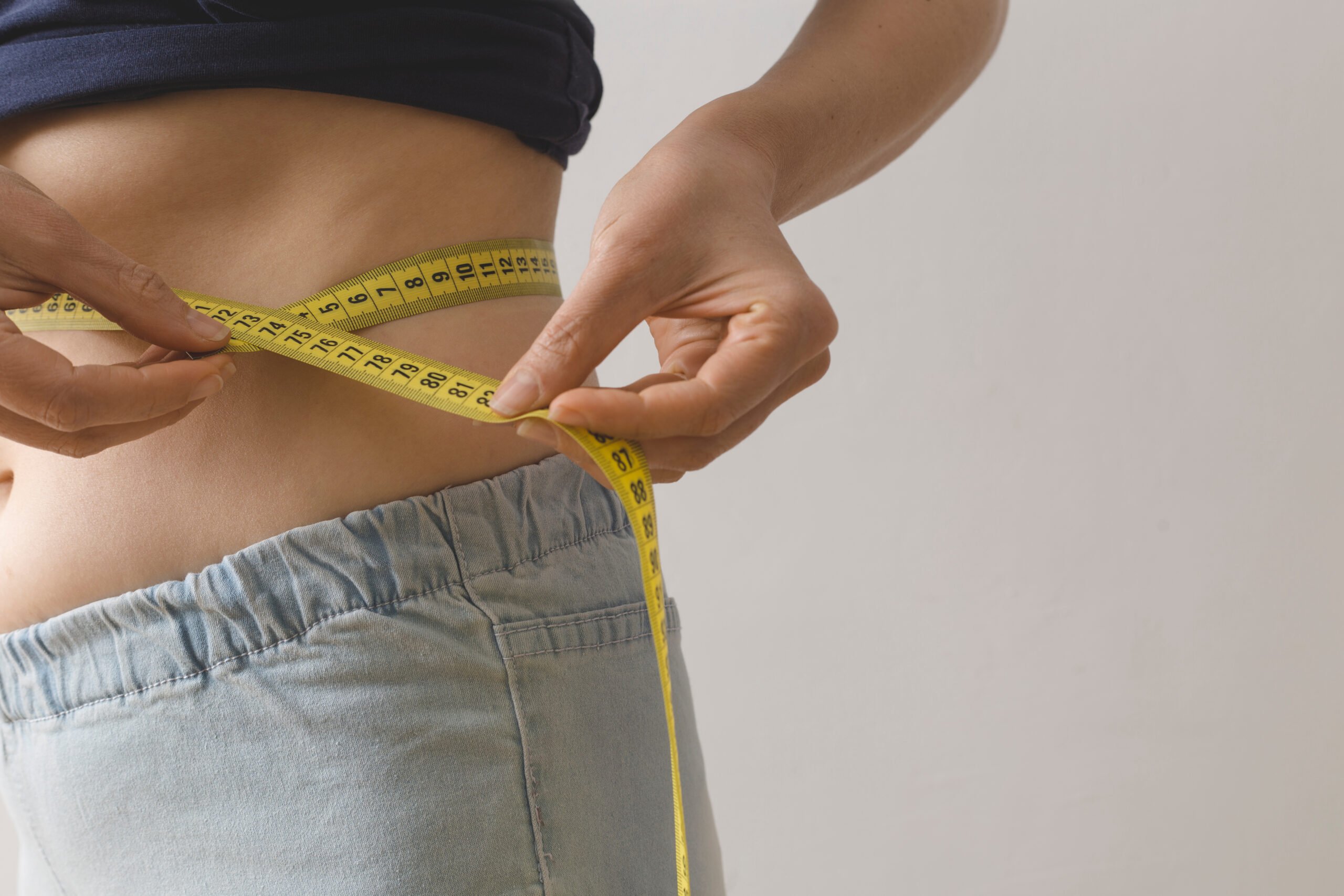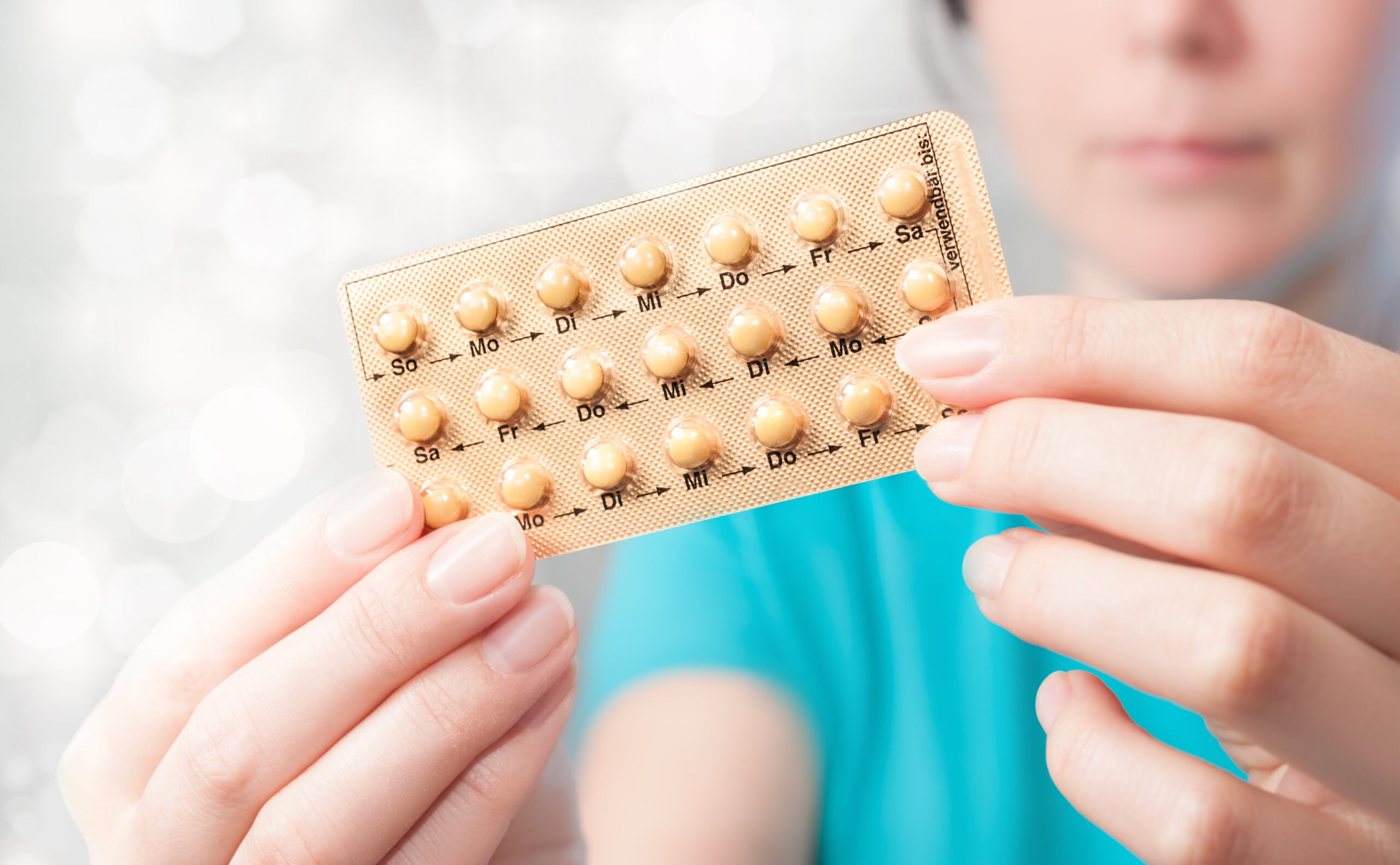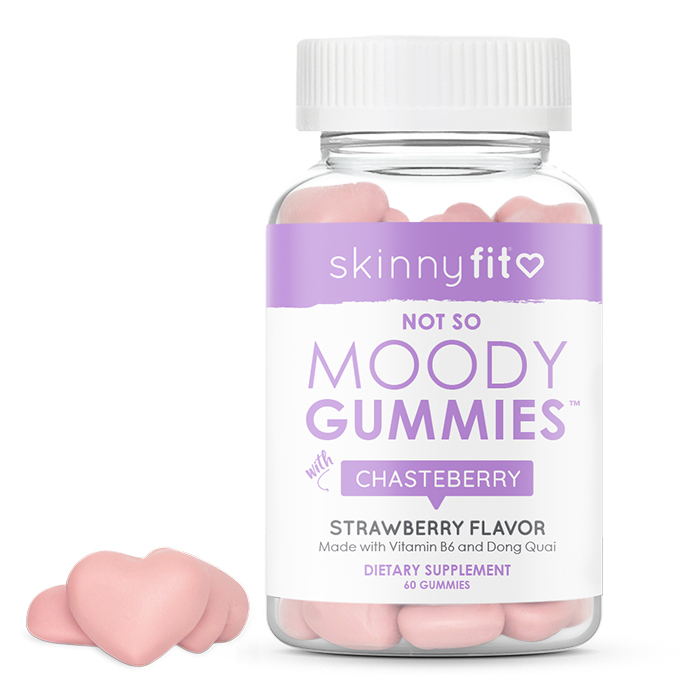If you’ve ever been on hormonal birth control or taken any other type of hormone-boosting medication, you may be familiar with the term hormonal weight gain. What people are less familiar with is hormonal weight loss. Just like the addition or overproduction of certain hormones can cause an increase in appetite, water and fat retention, and a slower metabolism, rebalancing the hormones can do the opposite. I don’t expect the average person to know all the different types of hormones, but if you’re dealing with unexpected or what seems to be unwarranted weight gain, your hormones are a good place to start.
In today’s blog I’m going to cover: what are hormones, which hormones to pay attention to for weight gain, and some of the ways we might experience hormonal weight loss.

How Exactly Are The Two Related?
When people think about weight loss, they often go straight to metabolism, exercise regularity, and diet. While all of those things do play an important role in overall health, including physical fitness, they’re not alone. Hormones have a hand in just about every function of the human body, including mood, sleep, motor function, and more.
When it comes to our weight, there isn’t one hormone responsible for maintaining or fluctuating our number on the scale. In fact, it’s arguable that all hormones play a role in our physical appearance. To keep things simple, I’ll explain how two different types of hormones play a role in weight, specifically.
The first is ghrelin. This is one of the hormones that signals to the brain when we’re hungry. [1] I like to remember it by associating it with a gremlin. It only appears when it wants something. If we’re out of balance, ghrelin may be signaling to our brain that our stomach is empty, when it’s not. And vice versa—it may not signal to fuel up even if we’re due for a snack or meal. When out of balance, this can easily lead to over or under-consumption of food.
The next is insulin. This hormone promotes the storage of glucose to use for energy later, and is a key player in metabolism. [2] If you’re insulin resistant, this prevents insulin from moving glucose into our cells. If you’re insulin sensitive, the opposite is true. In order to maintain a healthy weight, we want our insulin to be balanced.

What Are The Causes Of Hormonal Weight Gain?
Once you learn that hormones can cause weight loss and gain, the first thing you probably want to know is what causes these imbalances. Sadly, there are so many things from beauty products to diet to environmental factors that influence our hormones. Instead of overloading you with information about all of the different disruptors, I’ll cover two main categories that can lead to weight gain.
The first is, of course, hormonal birth control. In my personal experience, I wish I had never gone on it. I was prescribed “the pill” in high school and didn’t go off it until 10 years later. It single-handedly ruined my weight, mood, sleep, motivation, and more. This isn’t just my opinion—hundreds of thousands of women have come out with similar stories. In fact, in 2005 the World Health Organization deemed hormone contraceptives carcinogenic in humans. [3] Carcinogens are defined as cancer-causing substances. Our bodies are smarter than we could ever imagine. We have all of the hormones and systems in place to thrive, so adding in artificial hormone replacements can wreak havoc on our body, including our ability to lose and gain weight.
The second is much more vague, but just as important—lifestyle. The way we eat, sleep, move, and express ourselves can greatly impact our hormones. Ask yourself this: Do you think someone that eats fast food, goes to bed past midnight, doesn’t exercise, and suppresses their emotions would have a better hormone profile, or someone that eats a nutrient-dense diet, goes to bed when the sun sets, regularly exercises, and lets themselves feel freely? If it’s not obvious, the answer is the second person. While there’s no perfect lifestyle, our habits affect our health more than we sometimes realize. Since lifestyle is such a broad topic, I’ve outlined four specific habits and routines you can do to support your hormones, below.

Steps To Reducing Hormonal Weight Gain
To regulate your hormones, and understand hormonal weight loss, here are four habits and routines that everyone can benefit from:
Eat Breakfast (Soon)
This is sometimes the hardest routine for people to pick up. Eating within 30-60 minutes of waking up is key for happy hormones. When we start our day fasted, we’re asking our body to run at 100% with 0% fuel. Having a healthy, protein-rich breakfast first thing in the morning helps kickstart our metabolism and incentivizes our body to burn fat. You don’t have to have a full continental breakfast to reap the benefits. Sometimes I can sit down and enjoy a meal, other times I’m running out the door with a turkey stick and two hard-boiled eggs.

Reduce Stress
As a woman, I get it–no one wants to be told to relax. However, if you want to live your healthiest, best life, you’re going to need to learn how to. For some people it helps to start the day with meditation, for others it looks like taking a walk after work. When I do need some extra support, I reach for Not So Moody Gummies. They’re packed with calming herbs and adaptogens that can actually help alleviate hormone-related stress. Give them a try next time you need a literal chill pill.

Get Quality Sleep
If you thought birth control being a carcinogen was scary, did you know that prolonged periods of poor sleep is also considered carcinogenic? This is because once our sleep is thrown off, so is everything else. Getting a proper, deep night’s rest can support our melatonin production and circadian rhythm—both of which play a role in weight maintenance and loss.
Skip the Fragrances
Candles, body lotion, perfume, and more are so appealing because of their scent, right? Unfortunately, a majority of these products are not made with natural fragrances like essential oils or herbs. They’re packed with artificial fragrance, which are considered an obesogen. Obesogens are hormone-disrupting chemicals that can actually cause us to gain and hold onto fat. Opt for naturally-scented items or 100% pure essential oil-based products instead.
Mentioned In This Post
Not So Moody Gummies
PMS problems? Not so much, with Not So Moody Gummies! These delicious tasting gummies are formulated with natural ingredients that help alleviate the symptoms associated with PMS and menopause.
